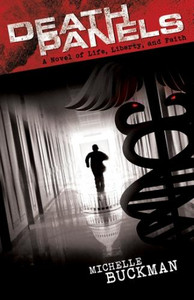
Blaise Pascal reflected that humanity is obsessed with divertissement, that is, diversions. By embracing noise and pleasure, we avoid thinking about anything that may be associated with aging, dying, or our final end. But what if our determination to avoid these thoughts means that we are consigning ourselves to living an aimless life? Best-selling author Vittorio Messori invites you to explore this and other aspects of Pascal’s Wager in a compelling, conversational way.
In these soul-stirring pages, you will find that death isn’t simply an individual concern but a collective one. Society’s continual advancements in technology and rising political hostilities make the possibility of nuclear apocalypse and other mass extinction events ever more real. Modern culture, however, seems fascinated with death only in entertainment. For death in reality, it relies on euphemisms and escapism rather than direct, honest engagement with the problems of sin, suffering, and grief.
Through thought-provoking examples from history, entertainment, psychology, and culture, you will learn ways in which society’s treatment of death is impacting education, careers, mental health, and daily living. You will also discover:
• How death is viewed in light of ideologies from the Enlightenment to Marxism to existentialism
• The connection between radical liberalism and individualism, which lead to a culture of death
• Why the burden of proof lies with those who deny the afterlife
• How the challenge to consider religion is really about human dignity, self-respect, and duty
• How Christian belief is unique from other religions and its denominational differences
• What the Bible says about the afterlife, beginning with the Old Testament
You will also learn ways to restore hope and will see how silence can be a gift and why Messori believes that humor is a virtue. In addition, you will see why the Church’s worldview helps to bring meaning and value to every human life, why death is triumphing in modernity, and how you can help turn the tide by choosing life — now and in the world to come.
368 Pages, Paperback





